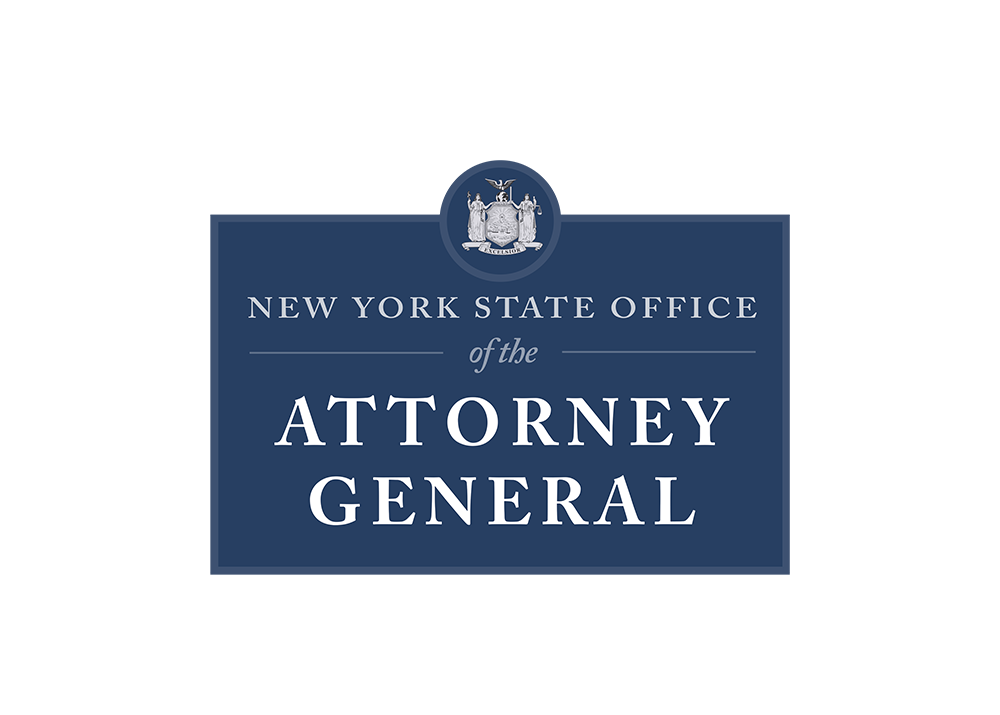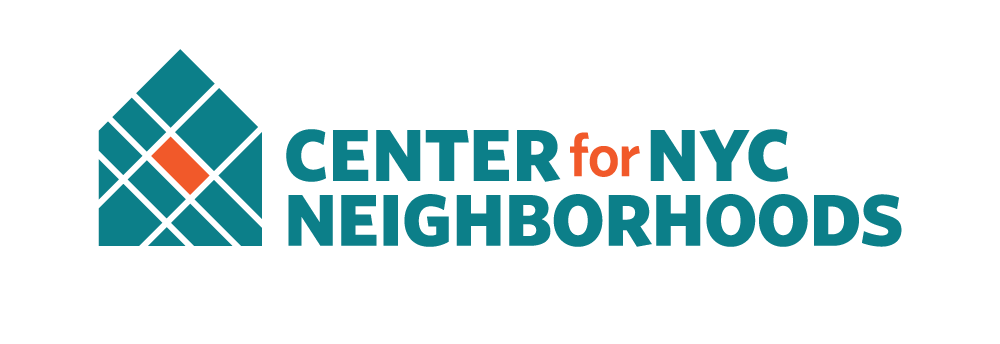Tax Lien Sale
Each year, the New York City Department of Finance sells the liens of properties that have unpaid debts — including property taxes, water bills, and other charges — that can result in an increased financial burden for families already behind on their bills. Once a tax lien is sold, a third-party collection agency can add high fees and interest compounded daily. This mounting debt can force some homeowners into foreclosure.
How do I get off the lien sale list?
What is a tax lien?
At its most basic, a lien is a debt taken against the value of a property. Having outstanding liens is not necessarily bad, but it can cause you trouble if you don’t understand the risks associated with this debt.
Here we’ll cover tax liens taken out against a home for unpaid property taxes and municipal water charges. If you are a homeowner and owe property tax or water/sewer payments, or have had emergency repairs made by the City, you may be at risk of having your lien sold to a private debt collector, which can quickly lead to foreclosure.
But don’t panic! There are a lot of ways to prevent the sale of your lien.
How does the lien sale work?
In New York City, homeowners typically have to pay annual property taxes to the Department of Finance (DOF) as well as monthly municipal water charges to the Department of Environmental Protection (DEP). Even if a homeowner has a reverse mortgage or is eligible for property tax exemptions, they still must either pay for the taxes or apply for exemptions annually. If liens have not been paid, nor has a plan to pay them been agreed upon by the lien sale date, the City can sell the debt to a private collector.
Once a lien is sold to a third party, the new owner can add high fees and interest rates onto the debt. Paying the debt can become overwhelming, especially if you already have a tight budget; a lien could lead to foreclosure in as little as six months after the sale if the interest on the debt remains unpaid and no payment plan is initiated. It takes far less time to file a foreclosure for an unpaid lien than it does for an unpaid mortgage. If you are behind on both your mortgage and taxes, we advise that you contact your mortgage company to discuss how to resolve the lien or contact us for free assistance.
Am I at risk?
While the tax lien sale occurs every year, homeowners are typically older. For 1-3 family homes, a tax lien can be sold if a homeowner has sustained a debt of at least $5,000. For 2-3 family homes, a water or sewer lien of at least $3,000 can also be sold.
How do I get off the lien sale list?
Once a lien sale date has been announced, DOF will send out notices to homeowners on the list. Even if you do not receive a notice, you may still be on the sale list—and not receiving the notice does not excuse you from the lien sale. DOF publishes the list of properties that qualify for the lien sale 90, 60, 30, and 10 days before the sale. You can refer to the most recent list to confirm whether or not you are on the lien sale list. We will post a link to the most recent list once it becomes live.
You have several options to get off the list before the sale date:
Fill out the hardship declaration form if you have experienced economic hardship related to the COVID-19 pandemic.
Pay your outstanding tax lien charges in full to DOF or water lien charges to DEP.
Enter into a no money down payment plan that can break down your lien into smaller payments over a period of up to 10 years.
Apply for an exemption. Exemptions are available for qualifying seniors, people with disabilities, veterans, and those on active military duty.
Defer paying your property taxes with DOF’s Property Tax and Interest Deferral (PT AID) Program.
How do I defer my property taxes?
DOF’s PT AID Program offers three different payment plans for deferring your property taxes on one- to three-family homes and condominiums. All plans require a maximum federal adjusted gross income of $86,400, and that the property be the homeowner’s primary residence for at least one year:
The Low-Income Senior Plan is for homeowners 65 and older making below the gross income cap.
The Fixed-Term Income-Based Plan is for homeowners making below the gross income cap.
The Extenuating Circumstances Income-Based Plan is for those who have experienced hardships like a property owner’s death, illness, or loss of income.
You do not have to be on the lien sale list to enter into a property tax deferment plan. However, you will need to meet qualifications for each plan. You may only defer a maximum of 25 percent of the equity you have in your one- to three-family home or up to 50 percent of the equity in your condominium unit. Please refer to the program website for specific qualifications for each plan. You can estimate your payments under these plans with the low-income senior calculator, fixed-term calculator, or extenuating circumstances calculator.
You can apply for these programs online via the Department of Finance’s Customer Service Center, in person at any DOF business center (see www.nyc.gov/ptaid or call 311), or by mail at NYC Department of Finance, 59 Maiden Lane, 19th Floor, New York, NY 10038.
The PT AID program may not be right for every homeowner, and there are some considerations you should keep in mind before entering into a deferral plan. Homeowners entering into these plans should note that all unpaid debt accrues interest, which DOF has currently set at 7 percent. Homeowners should also consider that all payment plan information is listed publicly on the City’s register of real estate transactions. Also note that the unpaid amount plus interest becomes due upon the sale or transfer of the home to new ownership or if the owner passes away.
Where can I get help?
Call the City
To deal with unpaid property taxes, dial 311 and speak to DOF directly to make a payment, or visit their website at nyc.gov/liensale to obtain a payment agreement or to complete exemption forms.
For water and sewer payments, call (718) 595-7000 to contact the DEP or visit their website to pay online. For the first time, the City will offer a one-time exception and allow homeowners who have previously defaulted on payment plans to enter into new payment plans.
Attend an event in your community
The DOF, in partnership with the DEP and the Department of Housing Preservation and Development, holds outreach sessions in each borough and can provide homeowners on the list with one-on-one assistance to pay off liens, apply for an exemption, or enter into a payment plan. Visit the Help Desk page to find an upcoming event near you.
The Center for NYC Neighborhoods is partnering with City agencies and Council Members at outreach events. Our community-based network partners will be on-site at many of these events with staff who are able to assist with complex lien issues, as well as with more general help if, for example, you’re worried about getting behind on your mortgage.
Talk to your bank/mortgage servicer
Mortgage servicers are often willing to pay off outstanding liens in order to protect their interest in the property. If you have a lien on your property, it’s possible that your servicer does not know this. If you are unable to pay off the lien right away, contact your servicer. It’s likely that they’ll pay off the lien and treat it as an escrow advance to be paid off over time. However, you’ll need to be careful that the new payment is affordable, so be sure to understand fully what impact this will have on your monthly payments. If you think it will not be affordable, contact us! We’re here to help. Check your most recent mortgage statement for your mortgage servicer’s contact information.
Call us directly
For help with complex lien issues, call 855-HOME-456 to get connected to free, quality help.







